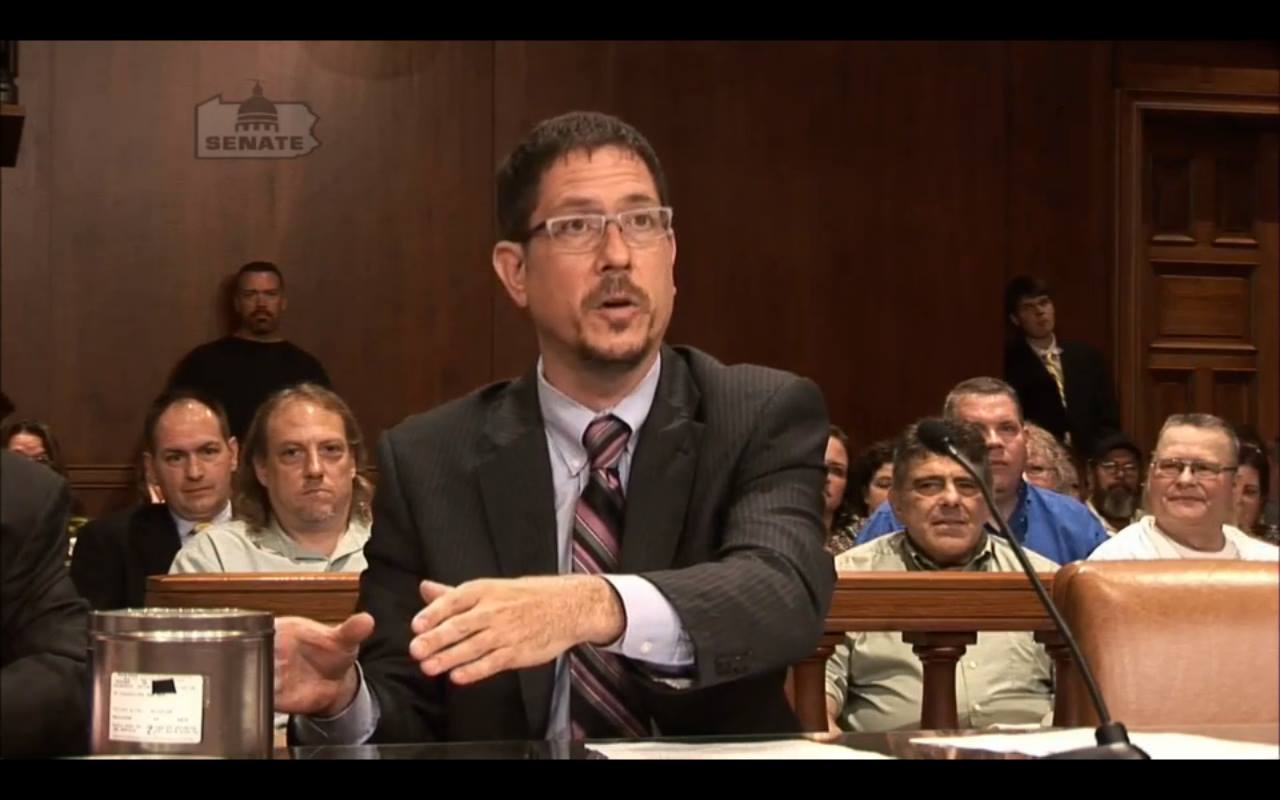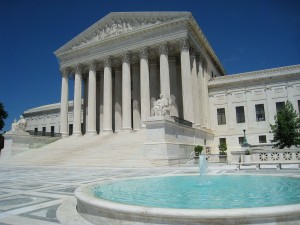Experienced Federal Crime Attorney: Professional Defense in Federal Crime Cases
Experienced Federal Crime Attorney: Professional Defense in Federal Crime Cases
Blog Article
Debunking the Process of Federal Appeals: What You Required to Know
Browsing the detailed realm of federal appeals can usually appear like going across uncharted waters for those strange with the process. Comprehending the nuances of appellate court jurisdiction, the intricacies of filing a notification of allure, offering an engaging quick, and making a persuasive oral argument are crucial elements that can dramatically influence the end result of an instance. By untangling the layers of intricacy bordering government allures, people can obtain a clearer understanding right into the devices that control this critical point of the lawful system.
Understanding Federal Appeals Refine
Looking into the complex realm of the government charms process reveals a methodical and organized trip with the judicial system. Federal charms act as a vital device for assessing decisions made by lower courts. Comprehending this procedure is crucial for any person included in lawful procedures at the federal level.
The process generally starts with a celebration dissatisfied with a reduced court's ruling filing a notification of appeal. This triggers a testimonial by a higher court, where a panel of courts evaluates the lawful disagreements presented by both events. Briefs detailing the legal thinking behind each party's placement are submitted, and dental disagreements might be heard to clear up complex problems.
The appellate court's decision is based on an extensive evaluation of the lower court's process and the debates provided. When the appellate court reaches a choice, it can verify, reverse, remand, or modify the reduced court's ruling, providing quality and finality to the lawful conflict.
Appellate Court Jurisdiction Discussed
Appellate court territory refers to the range of instances that a specific appellate court has the power to determine and evaluate upon. Unlike trial courts that listen to cases for the initial time, appellate courts are limited to examining choices made by lower courts.
Appellate courts have territory over specific types of instances, usually those entailing legal errors, step-by-step issues, or concerns of regulation rather than accurate disagreements. The jurisdiction of appellate courts is normally laid out in statutes and legislations that control the court system. Recognizing appellate court jurisdiction is vital for events involved in the appeals procedure as it establishes whether a case is eligible for evaluation and the level to which the appellate court can interfere in the reduced court's decision.
Filing a Notice of Charm
The first action in starting the federal appeals process involves filing a Notice of Charm with the proper appellate court. This critical document formally notifies the court and the other parties associated with the case that the appealing party intends to look for an evaluation of the reduced court's choice. Submitting a Notice of Charm is a stringent procedural demand that sets the appellate procedure moving.
When preparing the Notice of Allure, it is vital to ensure conformity with the certain policies and standards of the appropriate appellate court. federal crime attorney. The record needs to normally consist of info such as the case name, the lower court's name, the day of the judgment being appealed, and a succinct statement indicating the premises for the allure

Briefing and Dental Debate
In the appellate process, providing written briefs and engaging in dental arguments play critical duties in advocating for the appealing celebration's placement before the appellate court. Briefs are extensive lawful documents that describe the events' arguments, legal authorities, and analysis sustaining their placements. These written submissions offer the court with a thorough understanding of the facts of the case, the appropriate regulation, and why the appealing event believes the lower court's decision ought to be reversed.
Adhering to the submission and review of the briefs, oral disagreements use the events a possibility to further clarify their positions, deal with any type of concerns the appellate courts might have, and emphasize essential factors from their written briefs. Dental arguments are a chance for the attorneys to convince the judges through spoken advocacy and reactions to questions from the bench.
Both the written briefs and oral debates are vital parts of the appellate procedure, permitting events to offer their instance extensively and compellingly prior to the appellate court. - federal crime attorney
Obtaining the Appellate Court Choice
Upon conclusion of dental disagreements and entry of created briefs, the following essential stage in the appellate process involves awaiting the crucial judgment from the appellate court. This period of anticipation can be filled with a mix of anxiousness and wish for celebrations included in the appeal. The appellate court's choice is commonly supplied in a composed style and describes the court's conclusions on the lawful problems presented, the thinking behind their choice, and the judgment rendered. The moment framework for getting the appellate court's decision can differ, but courts strive to give timely resolutions. When the decision is released, celebrations should carefully assess the court's ruling to understand the result and identify any kind of additional steps that might be required. Whether the appellate court attests, reverses, or remands the reduced court's decision, recognizing the ramifications of the ruling is vital for all parties entailed in the appellate process. Consequently, immediately reviewing and understanding the appellate court's choice is necessary in navigating the next actions in the legal process.
Verdict
Comprehending the appellate court territory, submitting a notification of visit here allure, preparing briefs, and offering dental debates are all essential parts of this procedure. Eventually, getting the appellate court decision can provide clarity and resolution to lawful disagreements.
As we advance from comprehending the federal appeals procedure to studying the ins and outs of appellate court territory, an essential aspect comes to light regarding the authority and restrictions of these greater courts in the legal landscape. Appellate court jurisdiction refers to the extent of situations that a specific appellate court has the power to determine and assess upon. Unlike trial courts that hear instances for the very first time, appellate courts are limited to reviewing choices made by lower courts. Understanding appellate court territory is important for parties entailed in the charms process as it establishes whether a situation is eligible for testimonial and the extent to which the appellate court can interfere in the lower court's choice.

Report this page